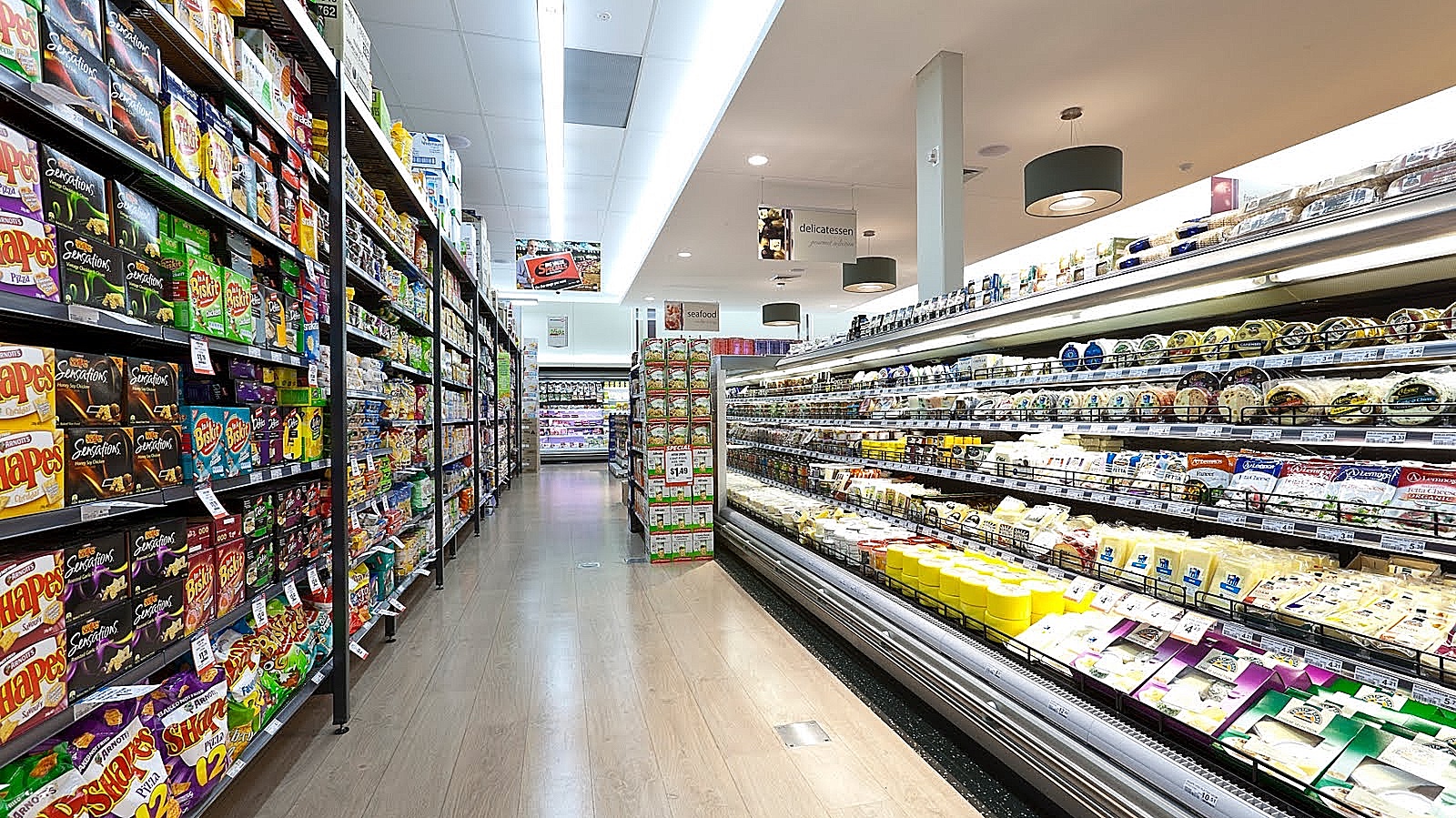The Fast-Moving Consumer Goods (FMCG) industry has been a cornerstone of the global economy for decades. As technology continues to advance at an unprecedented pace, the FMCG industry is poised for a transformative future. In this blog post, we will explore the key trends and innovations that are shaping the future of the FMCG industry.
- E-commerce and Direct-to-Consumer (D2C) Models:
The rise of e-commerce has revolutionized the way consumers shop for FMCG products. With the convenience of online platforms, consumers can now purchase products directly from manufacturers, cutting out traditional retail channels. This shift towards D2C models allows FMCG companies to have greater control over their brand image, customer experience, and data analytics. As a result, companies can tailor their offerings to meet the specific needs and preferences of individual consumers. - Personalization and Customization:
In the future, FMCG companies will increasingly focus on personalization and customization to cater to the diverse demands of consumers. Advanced data analytics and artificial intelligence will enable companies to gather valuable insights into consumer behavior, allowing them to create tailored products and experiences. From personalized packaging to customized product formulations, FMCG companies will leverage technology to deliver unique and individualized offerings. - Sustainability and Ethical Consumerism:
As environmental concerns continue to gain traction, the FMCG industry is under pressure to adopt sustainable practices. Consumers are becoming more conscious of the environmental impact of their purchasing decisions and are demanding eco-friendly products. In response, FMCG companies are investing in sustainable sourcing, packaging, and manufacturing processes. Additionally, ethical consumerism is on the rise, with consumers supporting brands that align with their values. The future of the FMCG industry will see a greater emphasis on transparency, social responsibility, and ethical practices. - Health and Wellness:
The growing focus on health and wellness is reshaping the FMCG industry. Consumers are increasingly seeking products that promote well-being and align with their healthy lifestyle choices. This trend has led to the rise of functional foods, organic products, and plant-based alternatives. FMCG companies are investing in research and development to create innovative products that cater to this demand. Furthermore, technology will play a crucial role in providing consumers with real-time health monitoring and personalized nutrition recommendations. - Artificial Intelligence and Automation:
Artificial Intelligence (AI) and automation are set to revolutionize the FMCG industry in the coming years. AI-powered chatbots and virtual assistants will enhance customer service and provide personalized recommendations. Automation will streamline manufacturing processes, reducing costs and improving efficiency. Additionally, AI-driven demand forecasting and supply chain management will optimize inventory levels and minimize waste. The integration of AI and automation will enable FMCG companies to operate with greater agility and responsiveness.
Conclusion:
The future of the FMCG industry is brimming with exciting possibilities. E-commerce, personalization, sustainability, health, and AI-driven automation are just a few of the trends that will shape the industry's trajectory. As FMCG companies adapt to these changes, they will be well-positioned to meet the evolving needs and expectations of consumers. Embracing innovation and staying ahead of the curve will be crucial for success in this dynamic industry.


